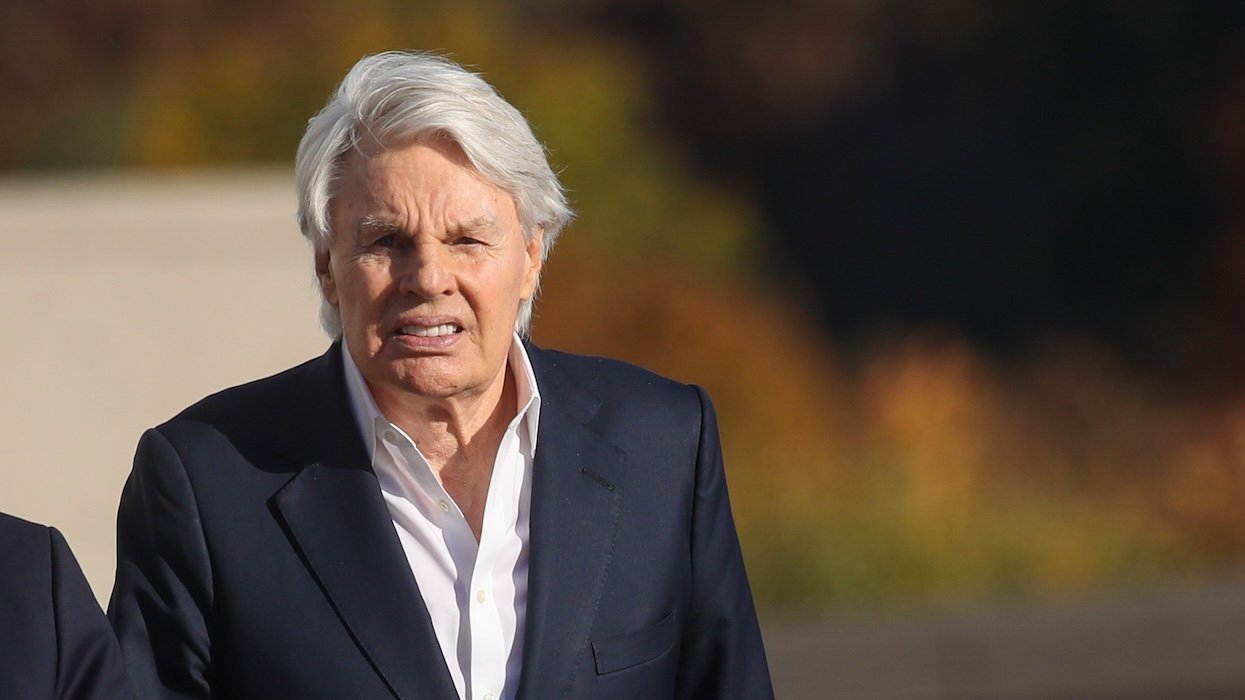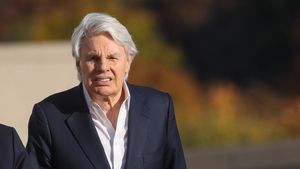France paid
national tribute Friday to one of its most beloved public
figures, a feisty priest who had battled on behalf of the
homeless, poor, and disenfranchised for more than half
a century. Abbe Pierre, who founded the Emmaus
Community for the poor, now established in 39
countries, has been honored, and mourned, at several
gatherings since his death Monday at age 94.
The tributes culminated in a funeral Mass Friday
at Notre Dame cathedral in Paris. President Jacques
Chirac declared a day of national homage Friday to the
priest considered by many to be the conscience of France.
Chirac was among the prominent figures attending
the Mass, led by Archbishop of Paris Andre
Vingt-Trois. Abbe Pierre's trademark black cape was
draped over the coffin for the ceremony. Two enormous
screens on the square in front of Notre Dame broadcast
the Mass, also shown live on several French television
channels. The Roman Catholic priest was to be buried
later Friday in a small ceremony in the town of Esteville in Normandy.
Abbe Pierre, or Abbot Pierre, the code name he
used in the French Resistance in World War II, had
served as a spokesman for the homeless since the
1950s, when he persuaded parliament to pass a law forbidding
landlords to evict tenants during winter months. He topped
polls year after year as France's most beloved public
figure. Last year he addressed parliament from his
wheelchair, urging lawmakers not to tamper with a law
on low-income housing.
Born Henry Groues on August 5, 1912, one of
eight children in a well-heeled Lyon family, he
exchanged comfort for a monk's cell for six years
before joining the priesthood in 1938. He entered the
Resistance in World War II, taking the name Abbe
Pierre in 1942 as a cover for his work manufacturing
fake identity papers and helping Jews cross the border to Switzerland.
Always frank, Abbe Pierre became even more so in
old age. In a 2005 book he said he favored allowing
priests to marry. In Mon Dieu...Pourquoi? (My
God...Why?) he wrote that he supported unions of gay
couples and the ordination of women. In an interview
with AP in 1994 he acknowledged one regret:
"Everything I was not able to do." (Cecile Roux, AP)


















































































